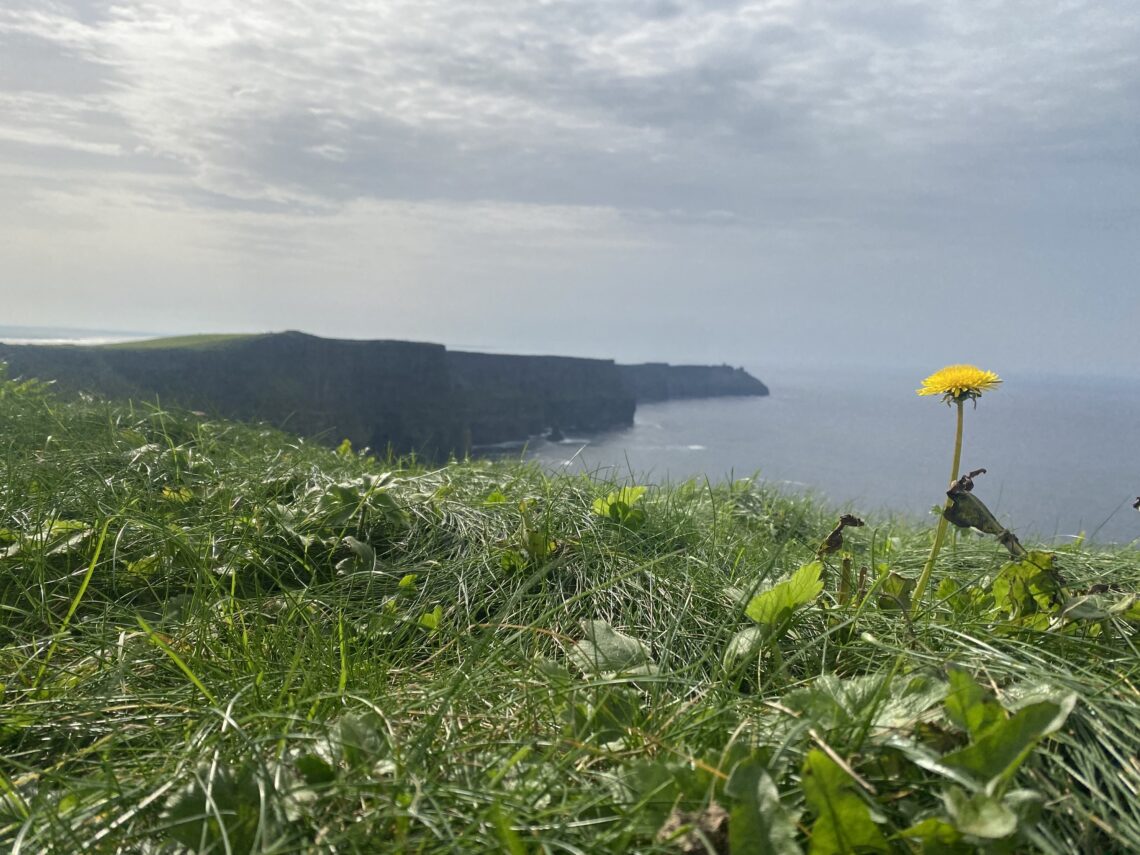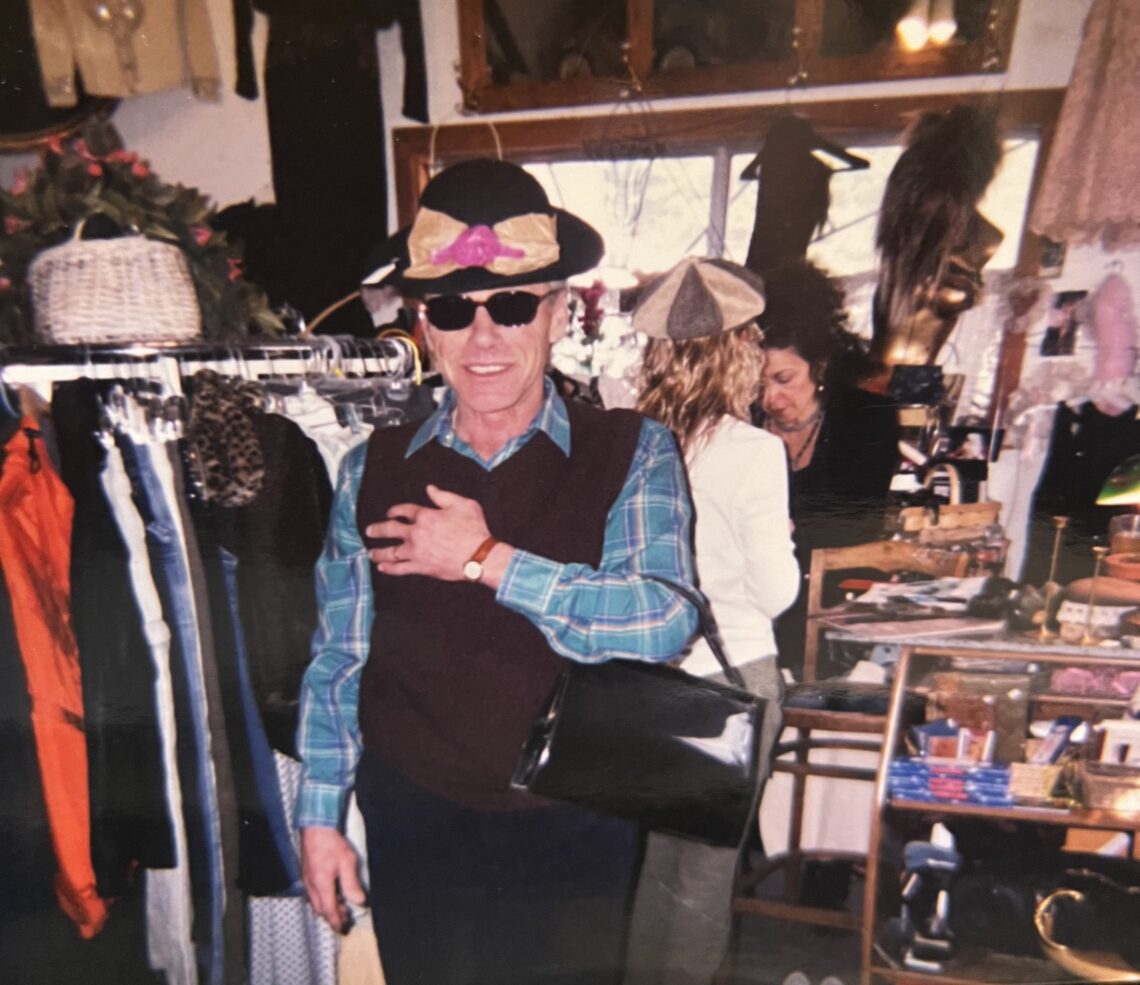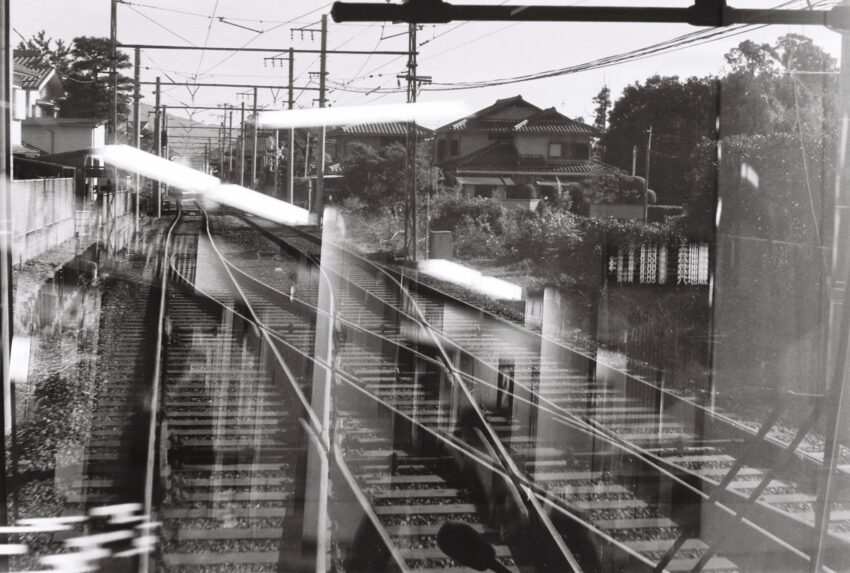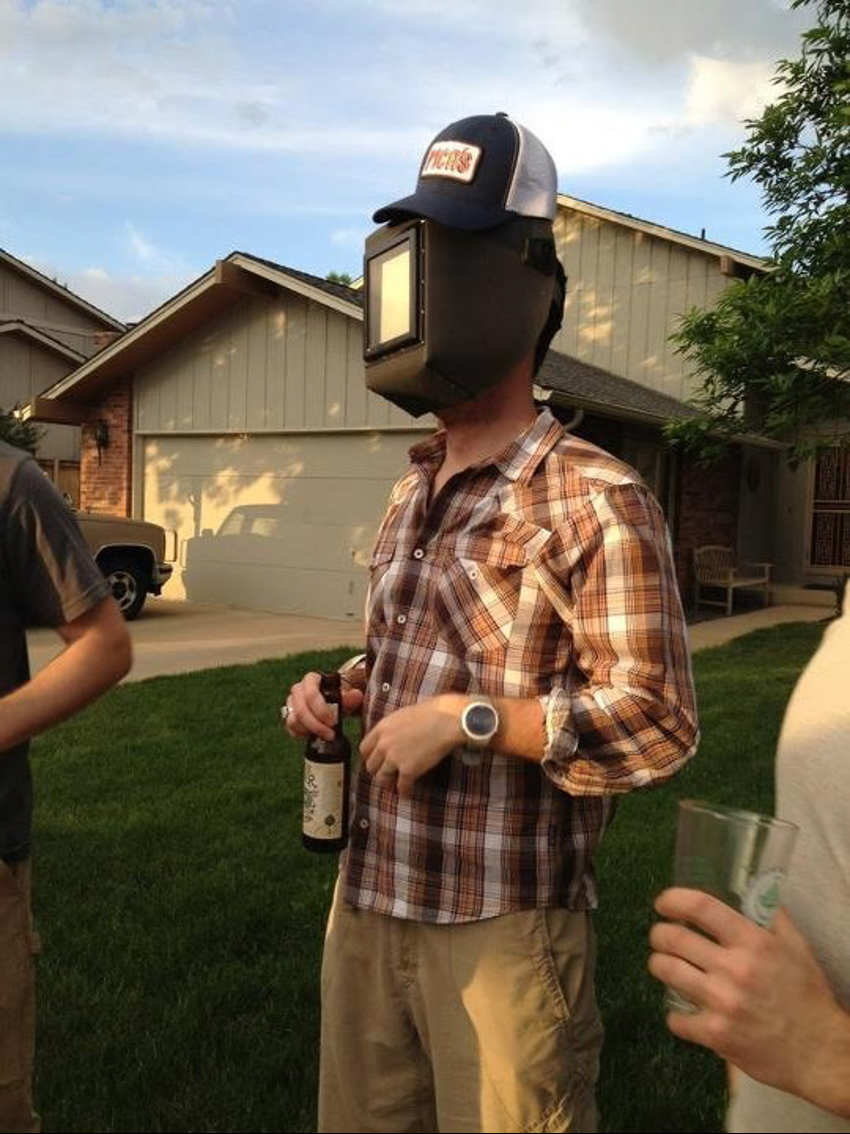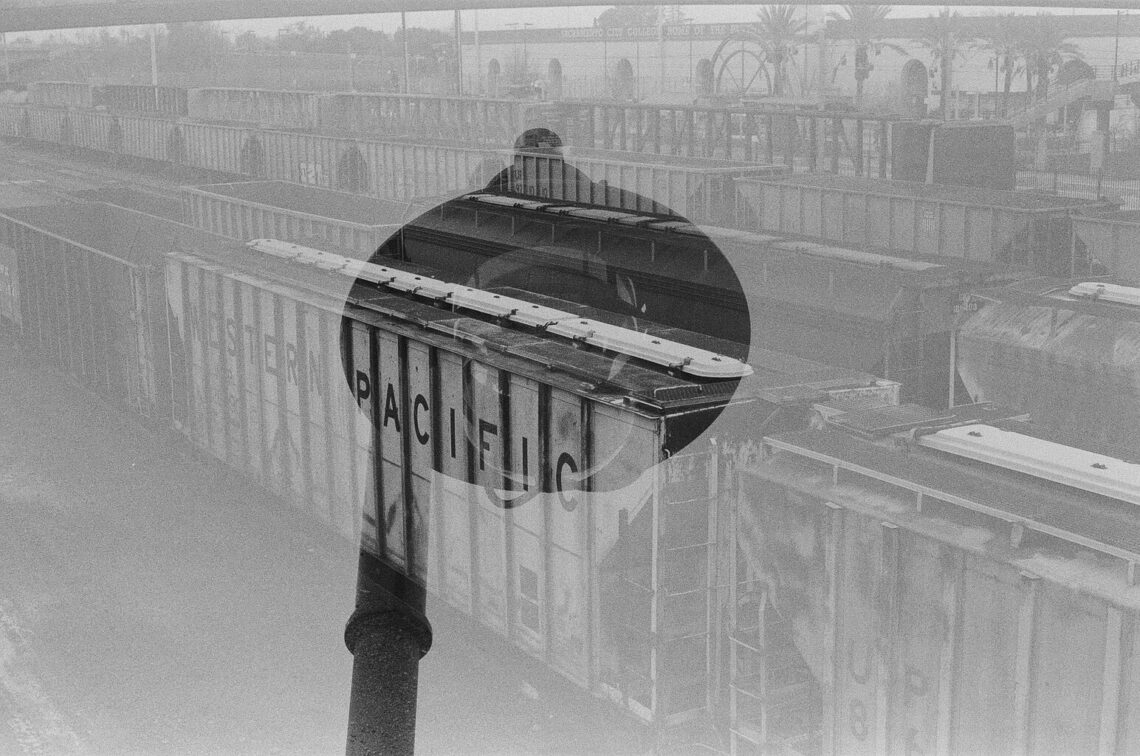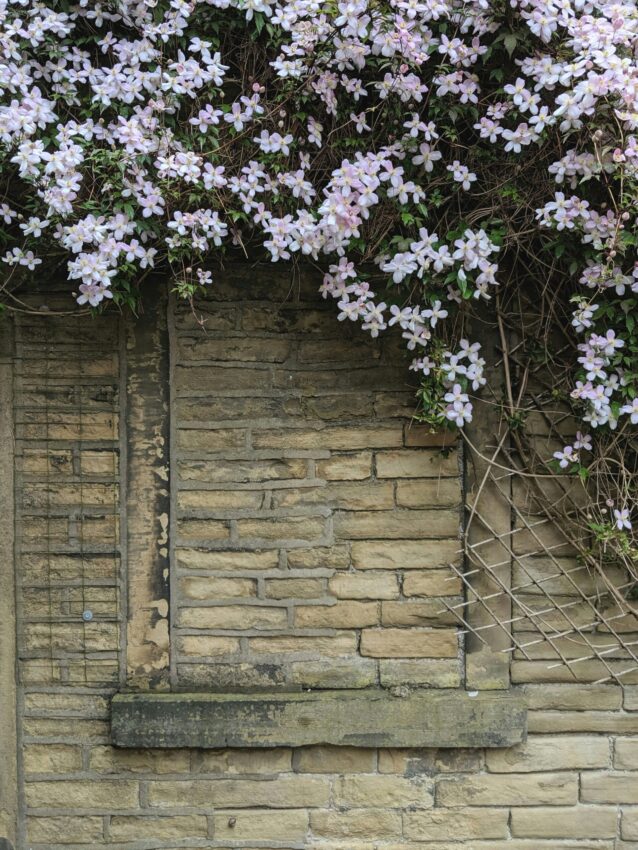Nonfiction
-
Writing Off Your Ex
By Jan Karlo Lopez
photo by Jeylan Jones
It’s your movie, write off whom you want. Tell everyone, including yourself, that they died. Anyone who asks understands because ironically the only guidance given on a breakup is to not speak on the break-up. Your friend that’s fucking their ex will implore you not to fuck yours. Your friend who drunk dials their ex will suggest you block their number. Your friend who cheats will pray you find someone new and settle down like they did. Your friend that’s a bigger piece of shit than you will beg you to forget about your ex while they try to fuck them behind your back.
-
Growing Up with a Low Rent Robin Williams
By Simon A. Smith
photo by the author
You never told anyone the whole story about your dad. You let most people think he was little more than a kooky horndog or dirty sailor. It was better for both of you. He got to see himself as the comedian he always wanted to be, and you got to pretend you weren’t dying inside every time he told another unsettling joke. That way, your friends felt it was harmless to laugh at all his unsavory antics. Like when you were at the pizza joint downtown,
-
There and Back and Back Again Again
photo by Tony Wallin-Soto
by George Choundas
You walk briskly to catch the train. Couple of blocks to go. Running late. Even chances you’ll make it. Then you see something fifty yards ahead, darting into your path from a side street. It’s another commuter, also running late. He’s looking at his wristwatch and jittery. Like you, he vibrates as much he moves, clearly fraught with decisional anguish, debating whether to break into a sprint. Then he turns and catches sight of you. In a moment’s glance, he appraises. He notes you’re walking and not running, and presumably gathers up indications of credibility—who knows,
-
What is Special About Dusk
photo collection of the author
by Katiy Heath
A cloud would soon billow out, a considerable mass, smoky red; a disorientating blanket of color, devilish red, divine red, nuclear and unnatural. Yet nature is what would send red into our tender hearts on the afternoon of this annular eclipse. From the Latin word annulus, meaning little ring. Like a hula hoop, a donut, a CD. A little band of light left after the moon moves across the sun, obstructing all but a six percent sliver. Little—130 miles wide—ring of fire that we didn’t have to put ourselves in the path of,
-
My Life in Three Train Rides: Powder, Rails, Arrests
photo by Tony Wallin-Sato
by Tony Wallin-Sato
Part 1
fukaku irite / kamiji no oku o / tazunureba / mata ue mo naki / mine no matsukazeFollowing the paths the gods passed over, I seek their innermost place; up and up to the highest of all: peak where wind passes through pines. – Saigyo
I was thirteen when I was first arrested. Detained. Humiliated. Treated as if I already hit puberty. At thirteen I still carried my baby fat. Just had my braces removed.
-
The Garden Wall
by Lorraine Hanlon Comanor
“We’re going to get along famously,” said my new neighbor, a realtor in his early seventies, as he bent over to admire one of my planters. “Both of us having green thumbs. But this garden isn’t up to our standards.”
He was referring to a ten-foot-wide strip between our two houses of red sage, polygala, hydrangeas, and marguerites that extended some seventy feet back from the street. The bird-and-butterfly-friendly plot, which my former neighbors and I had congenially maintained, was shaded by two ornamental pears and a holly tree. Like all gardens in our public urban development,
